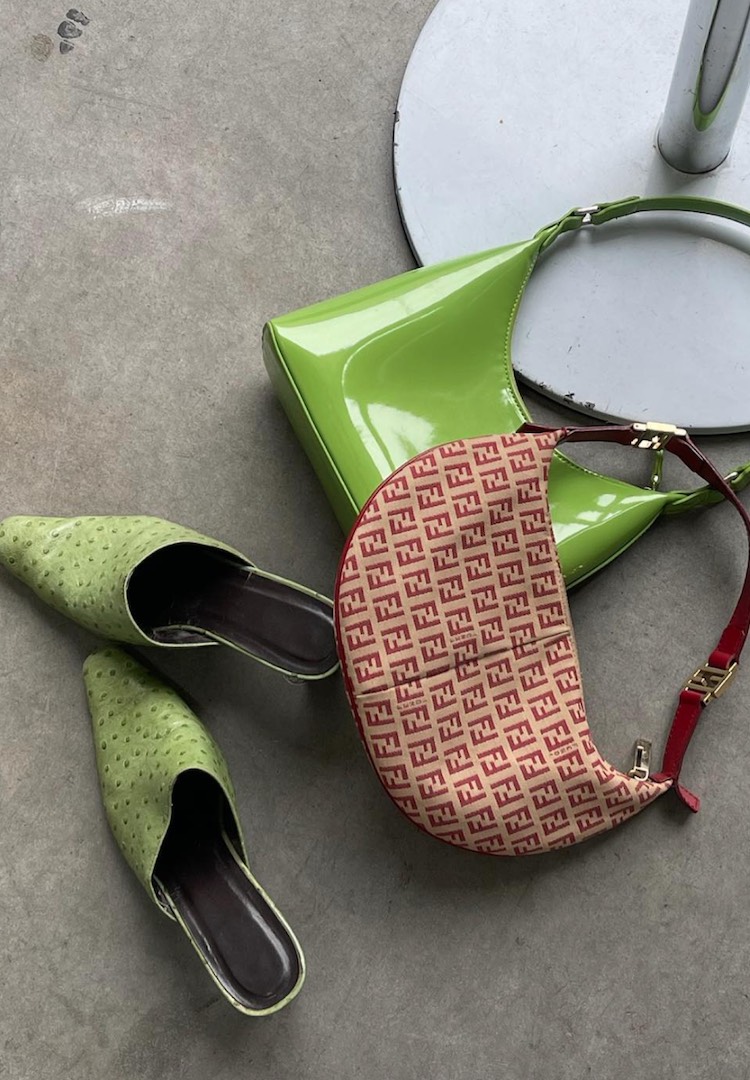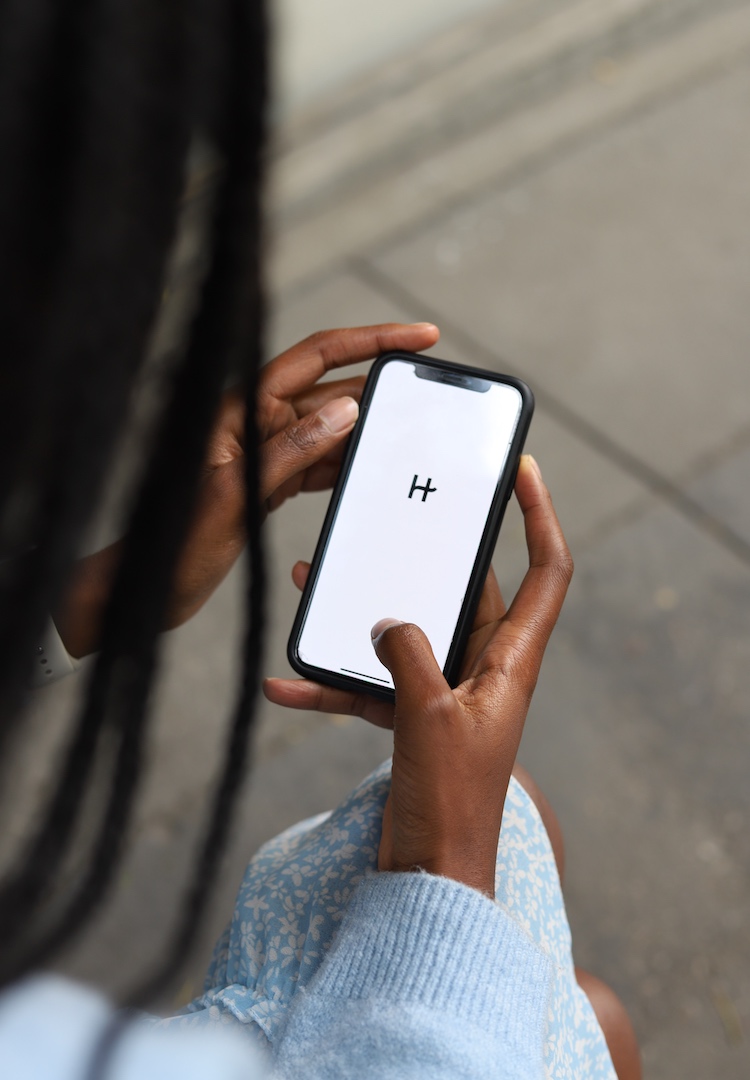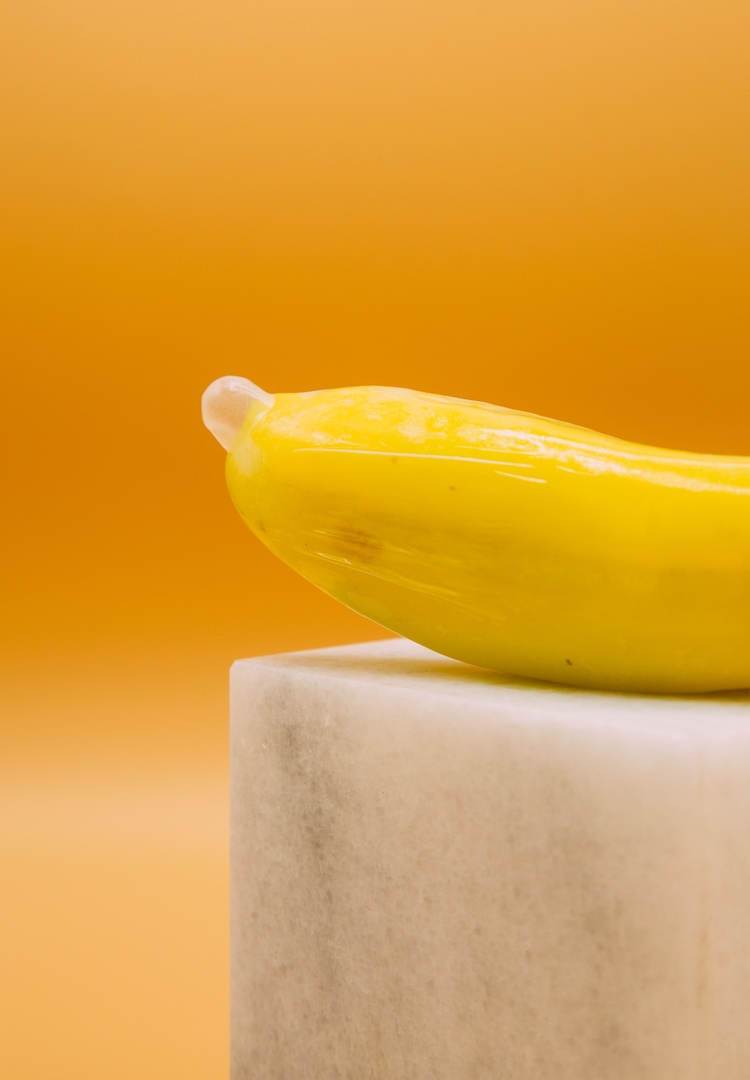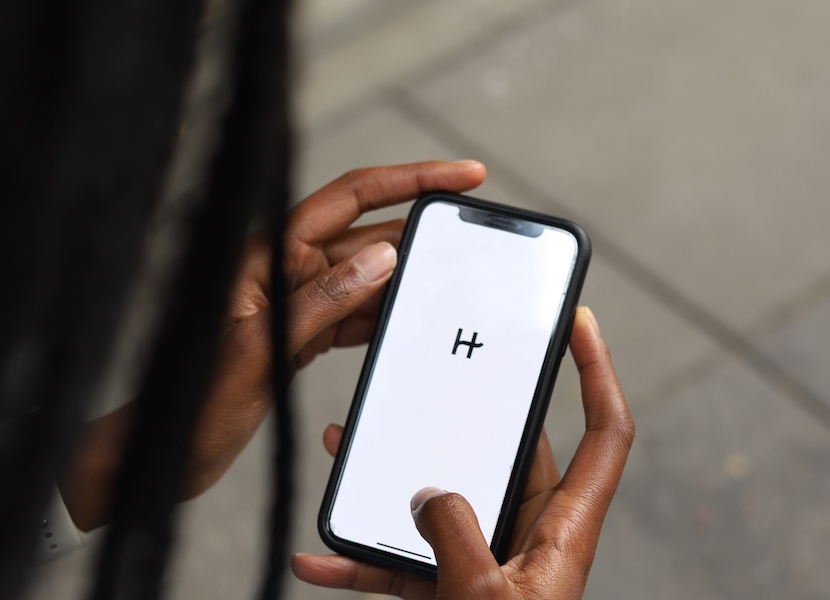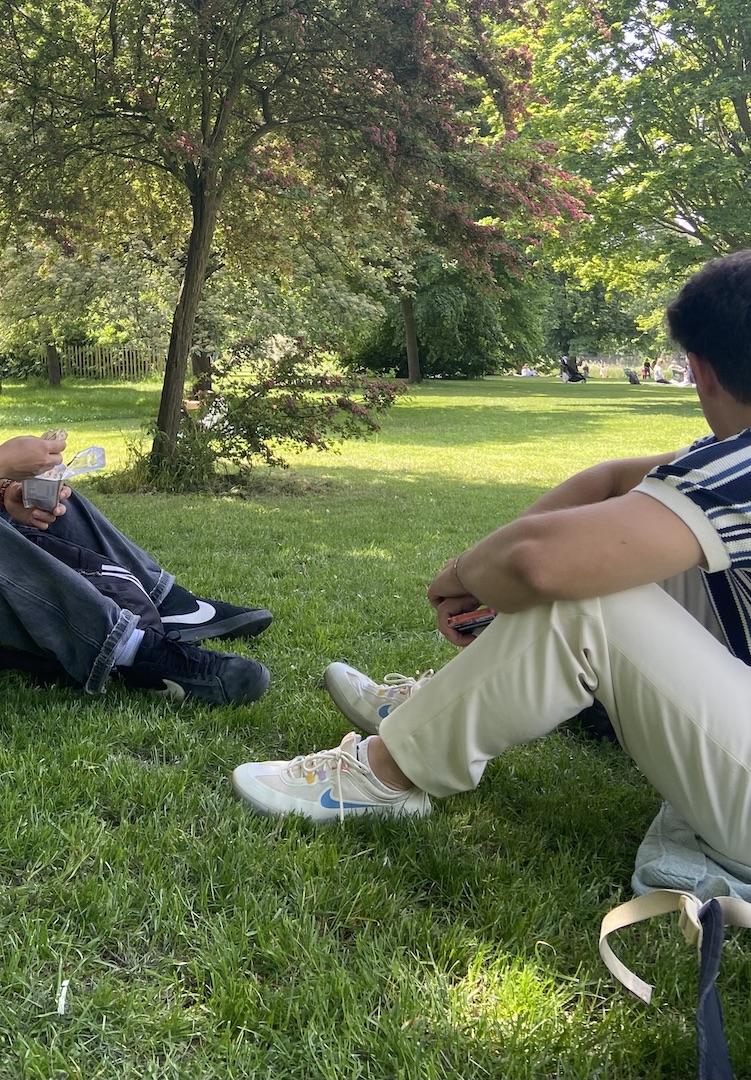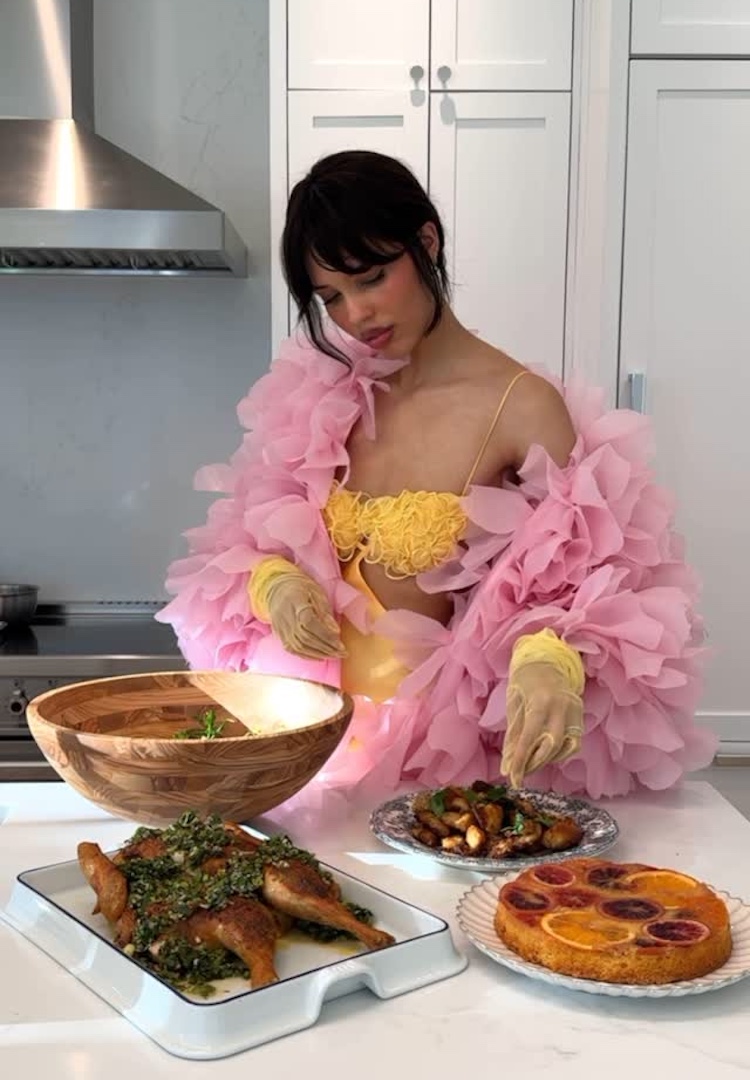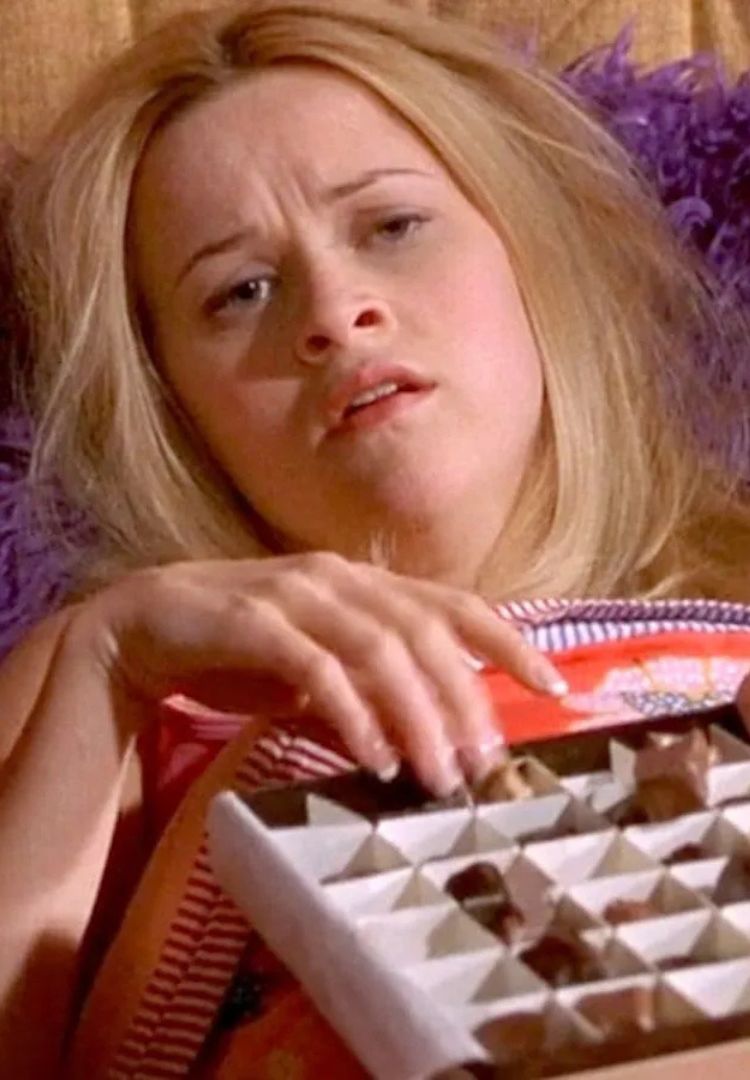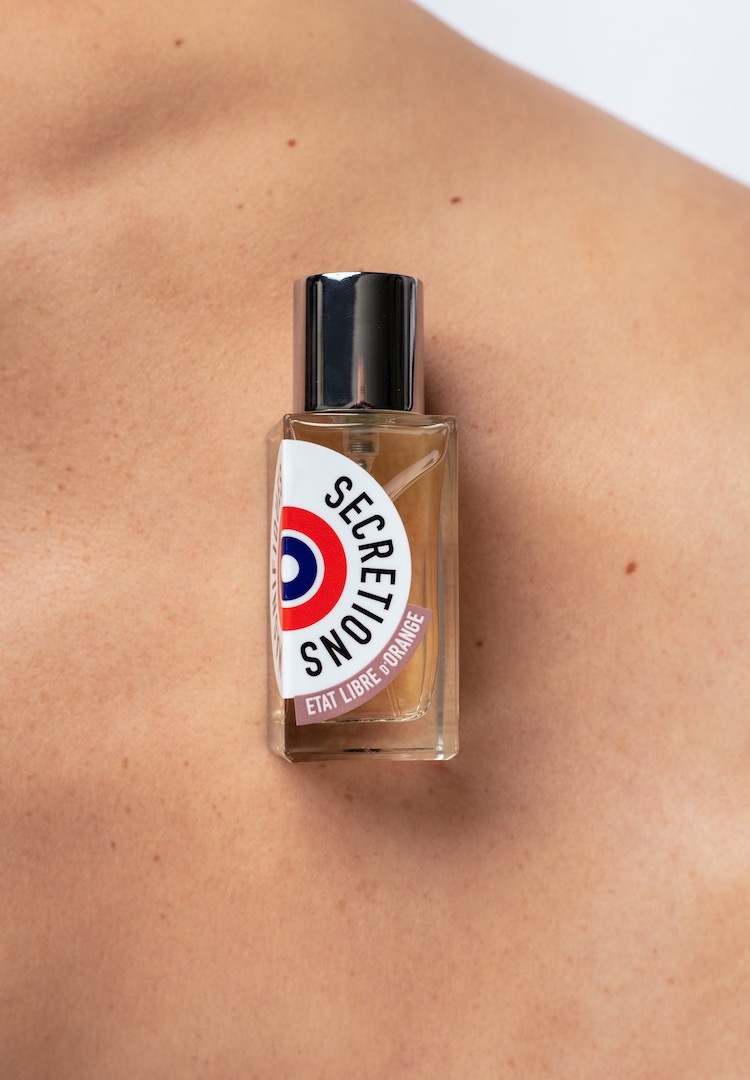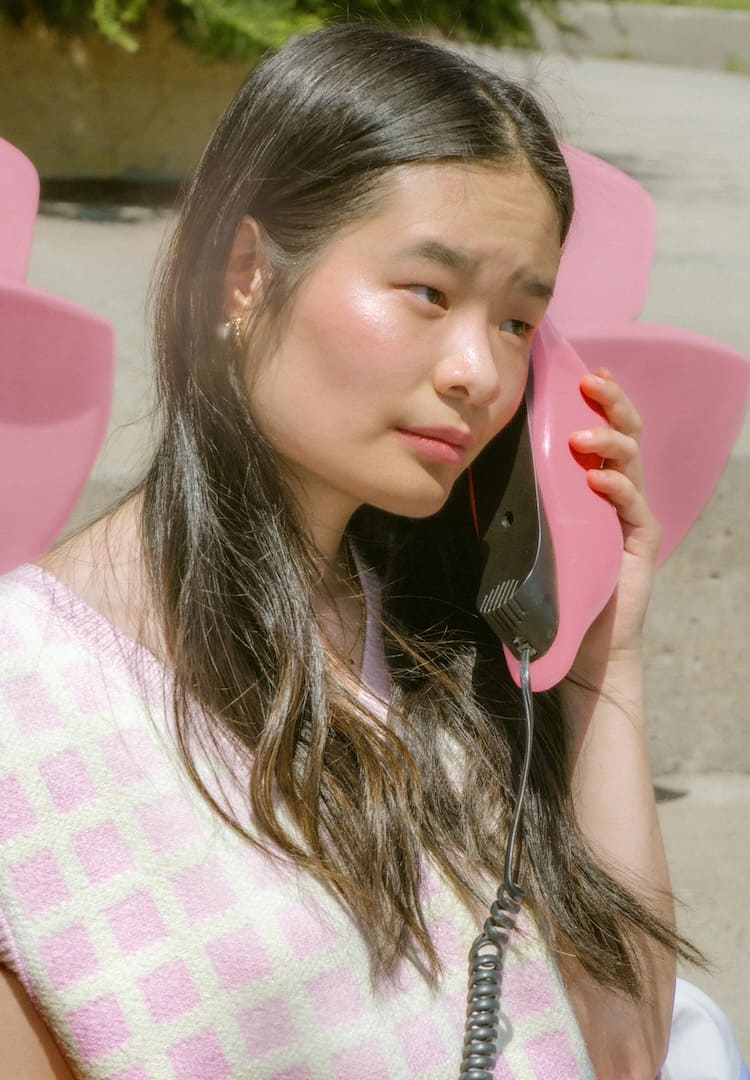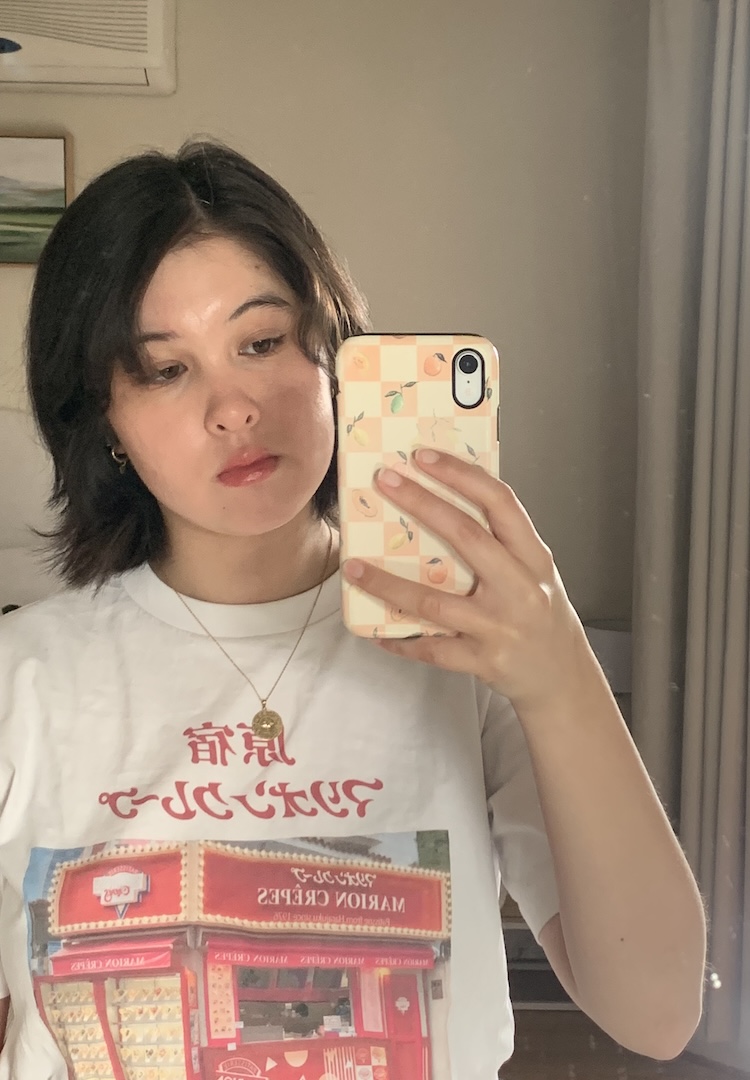Dating as a mixed-race woman in Australia is challenging, here’s why
Words by Sienna Barton
There are some questions that just shouldn’t be asked.
It’s no secret that online dating is extremely tedious, and setting up a profile is no exception. You’re asked a slew of questions involving your age, height, suburb, smoker status, and if you like pineapple on pizza – but there’s one in particular that bothers me.
In tiny letters is the word ‘ethnicity’ and there are 10 options to choose from – American Indian, Black/African Descent, East Asian, Hispanic/Latino, Middle Eastern, Pacific Islander, South Asian, White/Caucasian, Other, and Prefer Not to Say.
Interested to hear how others navigate the world? Head to our Life section.
It’s an obviously problematic question, as it enables singles to search for a partner based on their ethnicity. More alarmingly, you also have the option to exclude a particular race from your feed. What I find challenging about this question, is not that I have to answer it, but that I never know which option to choose.
There’s a long preamble to understanding my racial identity. My mum is Sri Lankan and my dad is White-Australian. It sounds easy enough to understand but here’s where it gets tricky: my mum, though born in Sri Lanka, was adopted into a White-Australian family and grew up in suburban Melbourne.
What this means for me is that the only other brown people I know are my mum and my siblings, and I’m culturally void of any trace to mother Sri Lanka. My mum doesn’t cook curry, I can’t withstand spicy food, and all of our family favourites come from the Australian Women’s Weekly cookbook.
It’s often well-intentioned, but the question “Where are you from?” might as well be “Why are you brown?”. It’s usually prefaced with, “I hope you don’t mind me asking, but…” or “Out of curiosity…”. I’ve been known to answer disingenuously, instead telling them the suburb where I live.
This is usually followed with a puzzled look, so I’ll list a local landmark. If they’re really committed or very brazen, they might say “No, but where are you really from?” and through clenched teeth, I’ll tell them where my parents were born.
I tend not to describe myself as being half Sri Lankan and half ‘Australian’ because I find it dehumanising to talk about myself in terms of fractions of a whole. When I was primary school-aged, I understood my halfness as being something literal that you could see.
I imagined that if I were to be chopped in two, then one half would turn brown and the other, White. Even though I’m grown up and I know that’s not how DNA works, calling myself ‘half’ anything still makes me feel like a divisible object – an ‘other’.
Looking racially ambiguous means that White people love trying to guess where I’m from, as if getting the answer right means they’re more culturally woke. What was once an offensive question that made me feel ‘othered’ in the worst way possible, now feels like a constant annoyance – like a neighbour who compulsively shouts ‘Hello!’ every time they see you, even if it’s the fourth time that day.
You try not to roll your eyes and you smile back with a wave, but inside you’re thinking ‘If they jump out from behind their fence to say hello again, I may go on a rampage.’ Of the hundreds (yes, hundreds) of times my Anglo brethren have guessed my racial background, I can probably count on one hand the times they have guessed Sri Lankan.
Most often, White people think I’m an Indigenous Australian – which, as an unwelcome guest on their land, makes me very uncomfortable. I was once at a garden party, the kind where they serve finger sandwiches and delicate lamb cutlets, and a bigwig businessman dared to play the ‘Where are you from?’ game with me.
When I got to the part where I named a nearby landmark, he said “No, but which nation do you belong to?”. This only became more laughable when I found out he was a big patron of First Nations organisations.
And another time, while working at an upscale boutique in Brighton, one of our VIP customers asked where I got my “lovely brown skin from”. I answered honestly, not wanting to lose the sale, and told her where my parents are from. She scoffed, “But you’ve got those beautiful high cheekbones”. And those are the mild examples…
The first time I remember realising I was different from the White people around me was when I was six years old. I was in grade prep at a co-ed school in Armadale (one of Melbourne’s fancy inner suburbs) when I was excluded from a game of kiss-chasey.
As I ran after one of the boys and asked him why I couldn’t play, he said “it’s because you have n**** germs”. I didn’t know what that word meant and when I asked my mum, her face fell. Though by no means Black, she’s much darker than I am, and I can’t imagine how she must have felt.
Later, I went to the toy box and fished out a doll. She was a limited edition Black iteration of Barbie created as promotional merchandise for the show Baywatch, red one-piece and all. I said I didn’t want to play with her anymore and that I wanted a ‘normal’ Barbie, one like everyone else’s. I still feel hot pangs of shame when I think about it.
A few weeks ago, I was on Hinge and received a message that just said “Latina?”. No hello, just “Latina?”. I took a screenshot of this message and posted it to my Instagram stories where it elicited many omgs, wtfs and lols. When I repeated that story to someone else I was talking to online, he wrote back “Well, I can see why he wrote that, you do have wonderful curves”.
I was incredulous. Why was being curvy synonymous with being Latina? Worse yet are the messages that mention how exotic-looking I am. Those messages are usually found in my ‘other’ folder, sent by older White men – complete strangers imposing upon my digital space, who haven’t realised that it’s impolite to use the ‘e’ word.
I often wonder if I’m being too sensitive. Is my ethnicity a topic that is completely off-limits? The answer to both is no. I know I’m sensitive to that question because I’m worried that the answer is going to be used to pigeonhole me, or worse, exclude me. When people wait to ask me where I’m from, that worry dissipates.
Instead of being one of my defining qualities, my skin colour becomes one of my many different facets. And as for my ethnicity on those dating apps? I’ve spent so long resenting my otherness, I don’t know if I’m ready to proclaim myself as ‘Other’ to the singles of Melbourne. For now, I’d ‘Prefer Not to Say’.
For more information about racism and micro-aggressions when dating, head here.

